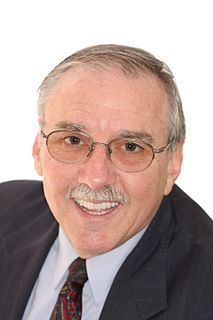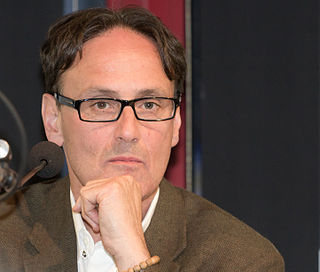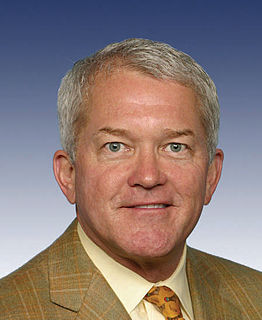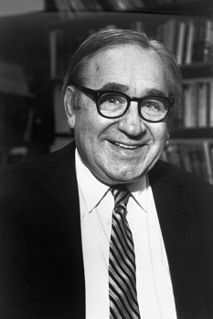A Quote by David Souter
Legislatures not driven to desperation by the problems of public education may be able to see the threat in vouchers negotiable in sectarian schools.
Related Quotes
Education is the key to perpetuation of the [god] virus for the Taliban, Baptist or Catholic. If the virus cannot control public education, it will seek to divert resources from public coffers to fundamentalist school funding. From the madrassa schools of Pakistan to the Christian push for school vouchers in the United States and the religious home school movement, religions seek to control education or to control the resources for education.
Democratic politicians want to solve the crisis of poor education by taking more of your money and using it to reduce classroom sizes in the government schools. Republican politicians want to solve the crisis by taking more of your money to provide vouchers to a handful of the poorest students in each area, paying for a part of the tuition expense at private schools. But before long this 'reform' would make those private schools indistinguishable from the government schools ... Vouchers are an excellent way for the government to increase control over private schools.
The first generation of school reformers I talk about - nineteenth century education reformer Horace Mann, Catharine Beecher - they are true believers in their vision for public education. They have a missionary zeal. And this to me connects them a lot to folks today, whether it's education activist Campbell Brown or former D.C. public schools chancellor Michelle Rhee. It's a righteous sense, a reform push that's driven by a strong belief in a particular set of solutions.
I believe that prayer in public schools should be voluntary. It is difficult for me to see how religious exercises can be a requirement in public schools, given our Constitutional requirement of separation of church and state. I feel that the highly desirable goal of religious education must be principally the responsibility of church and home. I do not believe that public education should show any hostility toward religion, and neither should it inhibit voluntary participation, if it does not interfere with the educational process.
My education in the public schools of New York City between 1932 and 1944 was an excellent preparation for a life in science. Because of the Depression, these schools were able to attract a remarkably talented and dedicated collection of teachers who encouraged their students to strive for the highest levels of accomplishment.
Apparently almost anyone can do a better job of educating children than our so-called 'educators' in the public schools. Children who are home-schooled by their parents also score higher on tests than children educated in the public schools. ... Successful education shows what is possible, whether in charter schools, private schools, military schools or home-schooling. The challenge is to provide more escape hatches from failing public schools, not only to help those students who escape, but also to force these institutions to get their act together before losing more students and jobs.

































